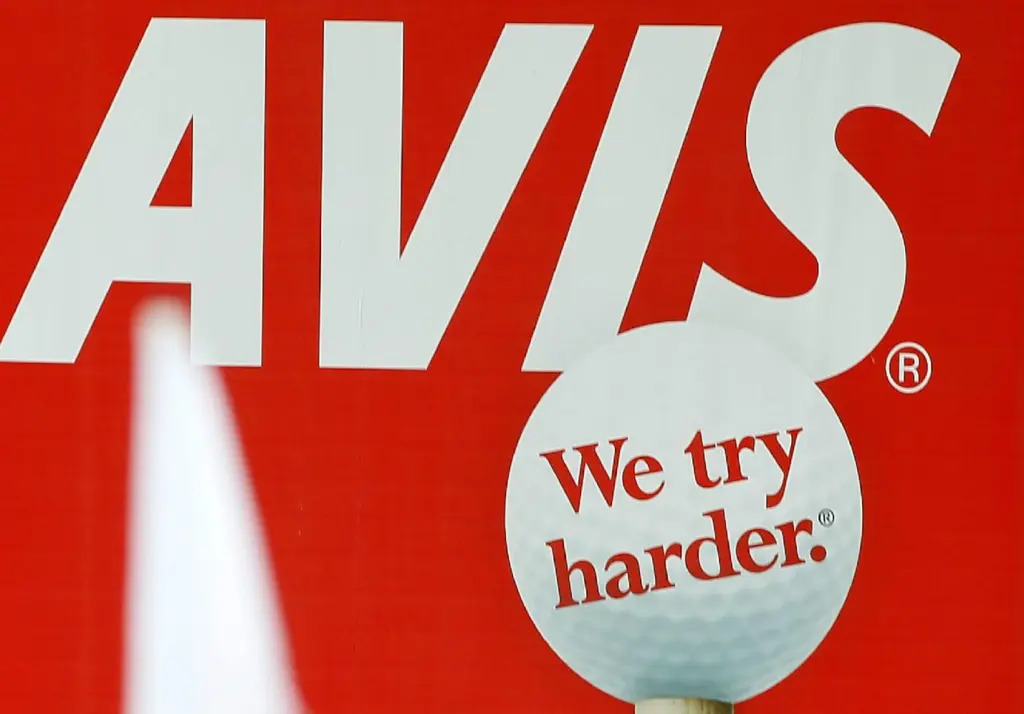
25.07.23
Differentiation and distinctiveness – part one
Should brands be unique or just look unique? Our Creative Director, John, explores the theories behind brand success.
How do brands win the battle for attention and retention, not just against their competitors but against the millions of other distractions we face? How do they worm their way into our minds? How can you make sure your brand grows?
To understand some of the answers we need to take a trip back to 1961, when Rosser Reeves published his book Reality in Advertising. Born in 1910, this literal son of a preacher man, coined the phrase “Unique Selling Proposition” and while it was popularised by his book, he’d been using “USPs” for years with his creative partner Ted Bates at their advertising agency Ted Bates & Co.
Reeves defines the Unique Selling Proposition:
- Every advertising must offer a consumer proposition. It’s not simply words, product puffery, or storefront promotion. “Buy this product, and you will receive this precise benefit,” each advertising must state to each reader.
- The offering must be something that the competitor can’t or won’t provide. It must be unique—the brand’s distinctiveness or a claim not made in that particular advertising field.
- The concept must be so compelling that it can entice millions of new clients to try your product.
“M&M’S: It melts in your mouth not in your hand.” is an example of a Rosser Reeves line that is still recognised almost 70 years after being trademarked. His cigarette smoking, USP fuelled advertising exploits were so compelling they formed the inspiration for the character of Don Draper from Mad Men.
Reeves’ theory revolves heavily around the concept of uniqueness, with the word even being baked into the title of his theory. This was underlined further by Al Ries and Jack Trout in the 1980 book Positioning: The Battle for Your Mind.
This positioning theory suggests that in the overcrowded marketplace, the battle isn’t just for shelf space but for “mental real estate” within the consumer’s mind. The goal being to carve out a unique position that differentiates you from competitors.
The phrase “positioning” wasn’t particularly new, in fact ad legend David Ogilvy (brother-in-law and advertising sparring partner to Rosser Reeves) stated there was no real consensus as to the meaning of positioning among marketing experts, choosing to define it as:
“What a product does, and who it is for. For instance, Dove has been successfully positioned as a bar of soap for women with dry hands, vs. a product for men with dirty hands.”
– David Ogilvy
These types of comments have led some people to argue that Ogilvy invented positioning as early as the mid-1950s. But nevertheless, Al Ries argues that positioning is:
“An organised system for finding a window in the mind. It is based on the concept that communication can only take place at the right time and under the right circumstances.”
This system comes down to the fact that each product depending on category has a set of attributes and your product becomes unique by owning one of these attributes. Owning an attribute allows you to highlight your product but you can’t own the same attribute as a competitor.
While a 1980s life without YouTube, TikTok or mobile phones seems like an oasis of calm, this theory was originally touted as a way to compete with the information overload of modern life. One of the ways it did this was by suggesting that the mind only accepts information it agrees with. People generally see what they expect to see and hear what they expect to hear. Which means you need to build ladders to what you want them to accept, especially if it is a new idea.

For example: with something as wildly unfamiliar as the very first motor car, naming it a “horseless” carriage allowed people to build associations. Equally the famous Avis line launched in 1962 “Avis is only No.2 in rent a cars. So we try harder” exploited their underdog status, positioning them as caring more and as a side-effect positioned Hertz (the market leader) as lazy and complacent.
But this theory still requires an awful lot of ‘uniqueness’, we’re making products unique or identifying unique elements to create unique positions – just like Rosser Reeves was asking us to dig out the unique selling proposition based on unique benefits or claims.
So for 60 years or more the idea of DIFFERENTIATION with a hefty helping of uniqueness was the trendy cocktail that brand builders and marketeers were drinking. At least until 2010, when Ehrenberg-Bass Institute professors Byron Sharp and Jenni Romaniuk crashed the party in a big yellow bulldozer called DISTINCTIVENESS. But more about that in Part Two. In the meantime, think about your brand; think about its position in the market; think about what you’re communicating. Is it differentiated? Is your product or service really unique? Is there anything you could be doing to make it more so?
Keep an eye on the blog for Part Two of our exploration into Differentiation and Distinctiveness.
